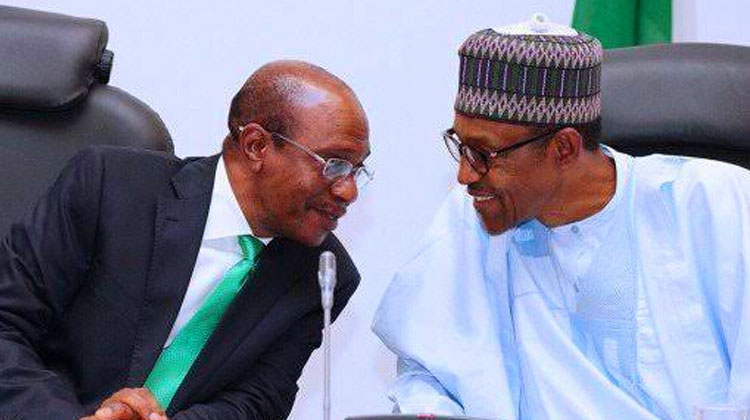
Emefiele said this in a video clip recently posted on the CBN official Twitter handle while addressing journalists after his meeting with the president, Major General Muhammadu Buhari (Retd.) at the villa on Thursday morning. When asked what Nigerians should expect from the CBN following the president’s directive, the governor of the apex bank noted that he had met with 15 banks after the broadcast and strategised on the implementation.
The PUNCH reported that Buhari had earlier on Thursday said the old N500 and N1,000 banknotes were no longer legal tender in the country.
The president, however, said the old N200 note would be legal tender for the next 60 days, till April 10, 2023, while urging Nigerians to deposit their old N500 and 1000 notes with the CBN.
Responding to the issue, Emefiele said, “The President has given his directives; I have met with about 15 banks this morning and given them directives on how they should make the old N200 notes available.”
Taking a swipe at the Supreme Court over the judgement that upheld old N1,000, N500 and N200 naira notes as legal tender, he hinted that he was following the directive of the Attorney General of the Federation, Abubakar Malami and that of the president.
Malami had asked the Supreme Court to dismiss a suit challenging the naira redesign policy of the Central Bank of Nigeria
Emefiele then told journalists, “The truth is this, we are all servants, we are serving the Nigerians, as far as I am concerned, the Attorney General of the Federation has spoken on this matter and the President has sealed up the whole of the issue in his broadcast this morning.”
The CBN governor further appealed to Nigerians to let the policy work as it would benefit them in the long run.
He added, “I can only appeal to Nigerians to allow this policy to work. This policy is one that aims to solve the problem of corruption and illicit financial flows; resolve some of the problems in the economy; help reduce insecurity in the country.
“These three issues which are the tripod of this administration’s policy are all embedded in this policy; we should allow it to work.
“There are some temporary pains but I can assure Nigerians that the long-run benefit to Nigerians is overwhelming and we should just let it work.”




